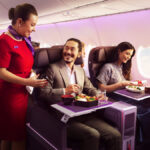
QANTAS: Reputational damage continues . . .
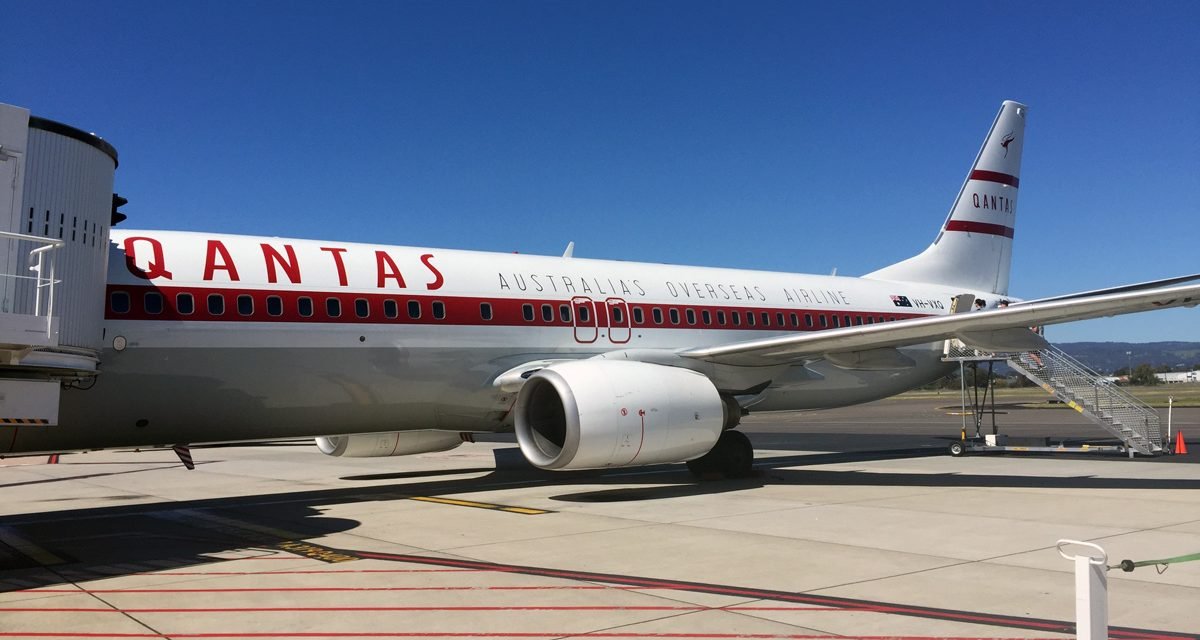
There has been a range of articles criticising Qantas, Jetstar and CEO Alan Joyce over the past few months in the popular press. Tales of cancelled and delayed flights and general inconvenience. Some are fairly trivial, and others markedly major, like passengers being abandoned in Bali after Jetstar cancelled flights. This is on top of longer-term criticism of unreasonable wait times on phone enquiries, and year-long waits for reimbursements for cancelled flights.
The Twitterverse has been calling hysterically for Joyce’s head amid a lot of unsubstantiated claims and casual racism, and the destruction of ‘Australia’s national airline’ – when it hasn’t been a national airline for around 30 years.
Content of this Post:
Business discontent
But now, the Australia Financial Review is suggesting that the business community – which is where Qantas earns its profit from those ridiculously overpriced business class fares whether domestic or international.
In an opinion piece, Aaron Patrick affirms that the business community is losing its loyalty to the Qantas brand, and concludes that the airline is primarily run to satisfy the financial desires of one man, the CEO Alan Joyce. After making the fairly bold headline-grabbing claim, he immediately softens it by congratulation Joyce for protecting the financial backbone of the company throughout the pandemic.
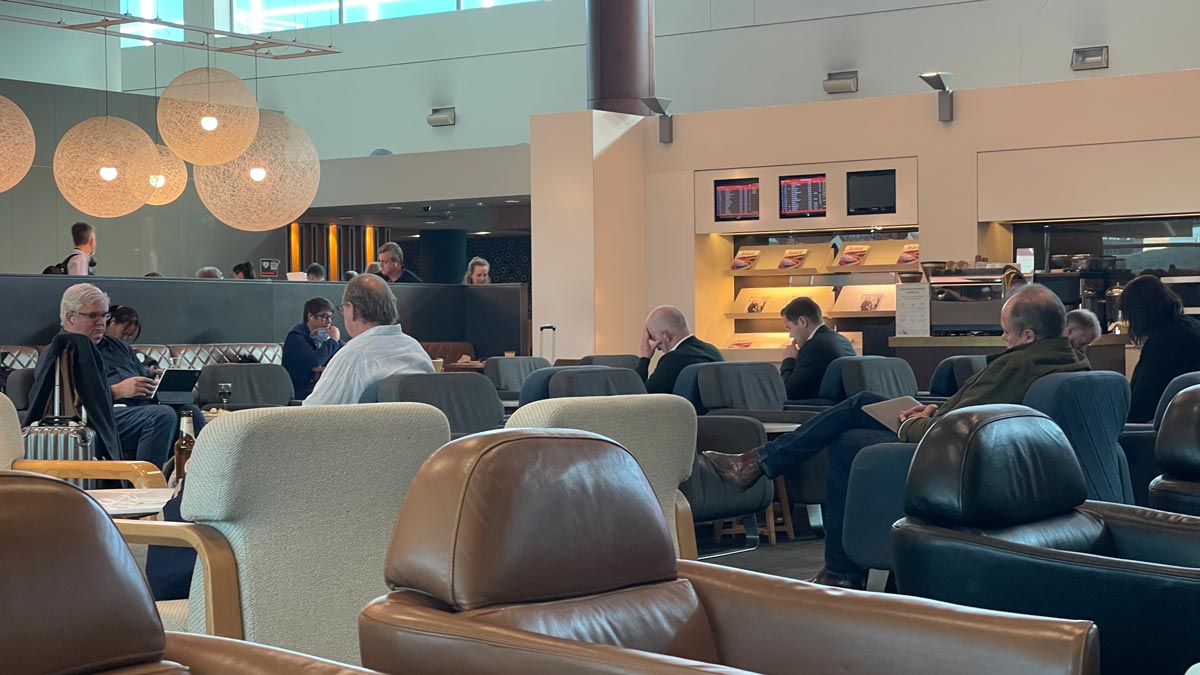
Joyce’s pay
Patrick points out that in the 8 years between 2012 to 2020, Joyce was paid AU$75 million. In the 3 years after 2014 when the airline lost the historically huge AU$2.8 billion, his total package including salary bonuses and shares, he earnt AU$50 billion.
AU$160 million apology
The apology payment including the AU$50 vouchers to frequent flyers to compensite for the moths of bad service in 2022 will cost the company around AU$160 million, which sounds a lot. But put that against the estimated pre-tax profit for this financial year of AU$3.5 billion, and it doesn’t even raise a ripple in the accounts.
Historically high airfares
The ACCC has been looking at the practices of Australian airlines, as part of some long-term monitoring to identify any anti-competitive behaviour. Besides identifying some appalling on-time and cancellation statistics for Qantas, Jetstar and Virgin Australia (REX has been the shining light here), private research by Citigroup has also noted that airfares are at historical highs – higher than pre-pandemic by about 30%. That increase is most likely due to those basics of economics – supply and demand. The airlines are running very limited flights, and there is an oversupply of willing customers. That means airlines can charge what they want – and they are, with Qantas as a ‘premium’ airline leading the pack.
The most disturbing activity that the Citigroup analyst notes are that Qantas increased prices just when it was being deluged by complaints from May to July. As an example, a Sydney to Melbourne fare booked 7 days in advance went from AU$300 to AU$500. My own rather unscientific monitoring would confirm that measure of increase.
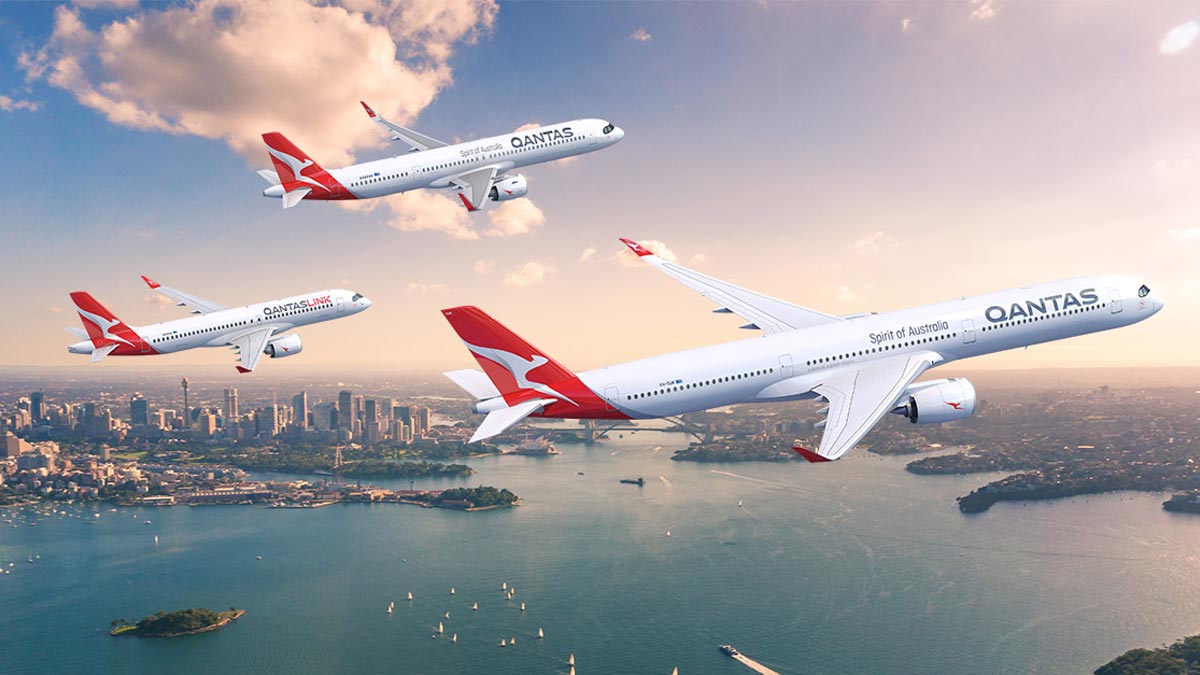
2PAXfly Takeout
This is another timely reminder to wear your seatbelt when seated. Holding you close to your seat will protect you from the sort of injuries sustained on this flight, when unsecured passengers flew to the ceiling of the aircraft, and then came crashing down once the ‘drop’ ceased.
The hope will be that this is an anomaly – a ‘freak accident’ in casual parlance. If it is a systemic error either mechanical or electronic, then this is a larger concern for the airlines that fly Boeing Dreamliner 787 aircraft. Let’s hope it isn’t. If it is, it will pile on the woes to Boeing’s existing stack.
So what does this all mean? Obviously, it somewhat depends on your point of view. If you are a shareholder, then whoopdy-do, you might get a dividend in 2023. If you’re a passenger, then you might curse the airline for the fare cost, and then doubly curse them for delayed or cancelled flights or lost luggage. If you’re Alan Joyce, then you might just be maximising your bonuses.
If you’re a business formerly loyal to Qantas, you might be looking at your options and allowing your staff to book with the other domestic carriers – Virgin Australia and REX. If Qantas continues to show little loyalty to you, then in return you might withhold your loyalty to them.
Qantas retains the most sophisticated back-end pricing and promotions system, and it has the largest market share at close to 80%. It has a long way to fall before its business model is in trouble. Still, with a resurgent Virgin Australia, a smooth-running new entrant in REX, and a potential upstart with Bonza that may threaten Jetstar, we may be living in interesting times.
On a final note, the Twitterverse is alive with rumours that the no-mask rule has already increased the number of Qantas crew members, and other staff calling in sick. If that’s true, then expect more delayed and cancelled flights.
Again, I urge you to read the AFR article if you have access.

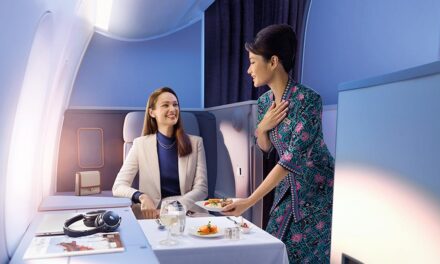

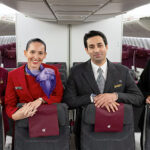
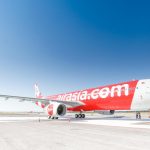
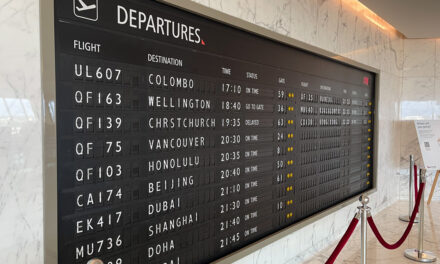
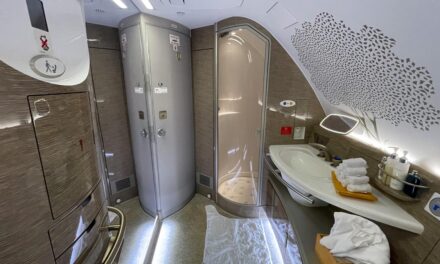

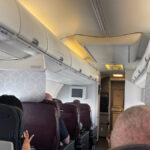



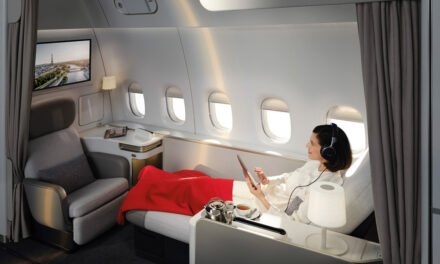
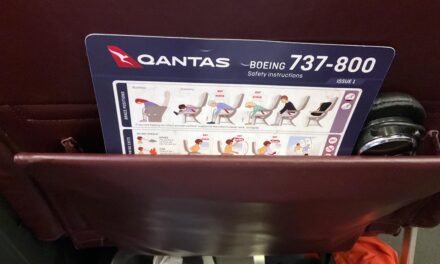
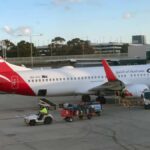

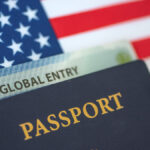
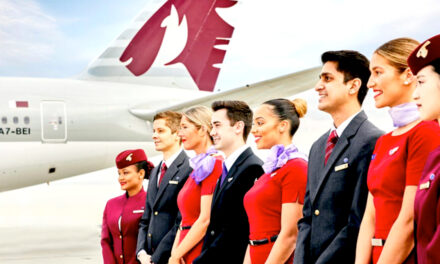


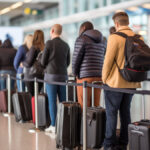

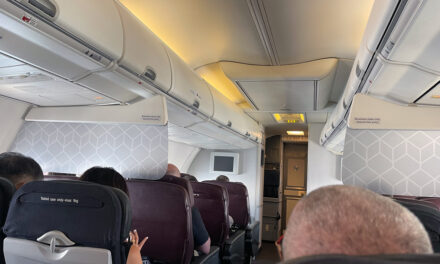



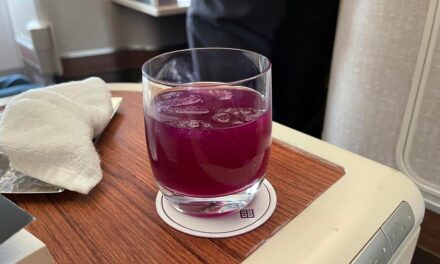
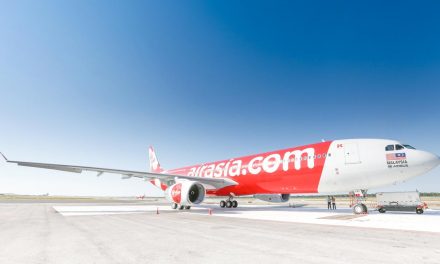

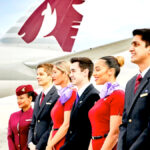




What did you say?